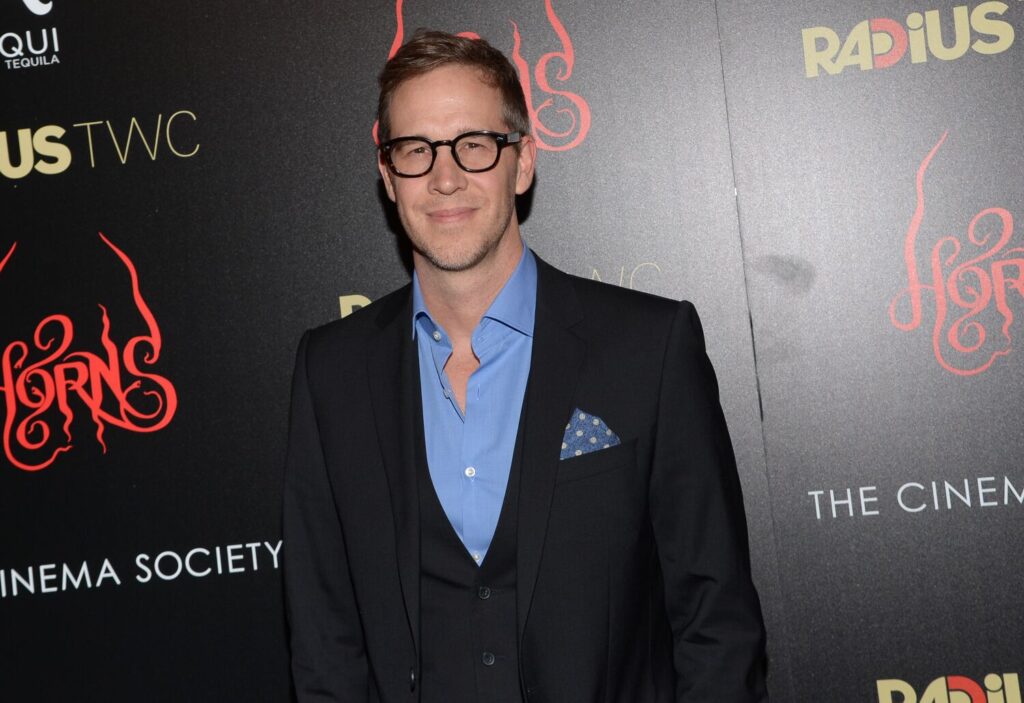“Emancipation” producer Joey McFarland has apologized for bringing the original 1863 “scourged back” photo of an enslaved man to the film’s Los Angeles premiere last month.
In a statement shared on Instagram, McFarland addressed the criticism he received for carrying and speaking to Variety about the image of the man who inspired the historical drama starring Will Smith. McFarland disabled the comment function on his Instagram post.
“I wholeheartedly apologize to everyone I have offended by bringing a photograph of Peter to the Emancipation premiere,” McFarland wrote in his statement. “My intent was to honor this remarkable man and to remind the general public that his image not only brought about change in 1863 but still resonates and promotes change today.
“After uncovering Peter’s origin story with help from diligent historians, I spent the last few years working with the Emancipation creative team in order to bring his story to life so worldwide audiences would have an opportunity appreciate his heroism. I hope my actions don’t distract from the film’s message, Peter’s story and just how much impact he had on the world.”
Directed by Antoine Fuqua, “Emancipation” debuts Friday on AppleTV+ and is based on the story of Peter — who was photographed while being fitted for a uniform after escaping enslavement and fleeing 80 miles to join the Union army during the Civil War. The photo of his back, mutilated from lashings, has been used as evidence of the cruelty inflicted on enslaved people.
While speaking with Variety on the “Emancipation” red carpet, McFarland displayed the “original photograph” of Peter and said he “took it upon” himself to “curate and build a collection” of historical artifacts “for future generations.” Some accused McFarland — who noted that he has been collecting for a “very long time” — of having a “white savior complex” and hoarding pieces of Black history.
On Twitter, Franklin Leonard — a producer and founder of the respected Black List of best unproduced screenplays — questioned why McFarland would even “own” such a picture, let alone bring it to “the red carpet of a movie that’s personally enriching” him.
In his apology statement, McFarland claimed that his “plan was always to donate the photographs to the appropriate institution, in consultation with the community.” He added that he had determined “there is no better time to begin that process than now.”
“Throughout the research and development of Emancipation, I discovered photographs of overlooked and historically important individuals whose stories also needed to be told,” McFarland said in his statement.
“These photographs, which existed before me, will be around long after I am gone; they belong to the world. My goal has always been to find the right permanent home and make sure they are accessible, to honor their significance. And most importantly, that the individuals depicted in the photographs are remembered and their stories are told with the greatest dignity and respect.”

